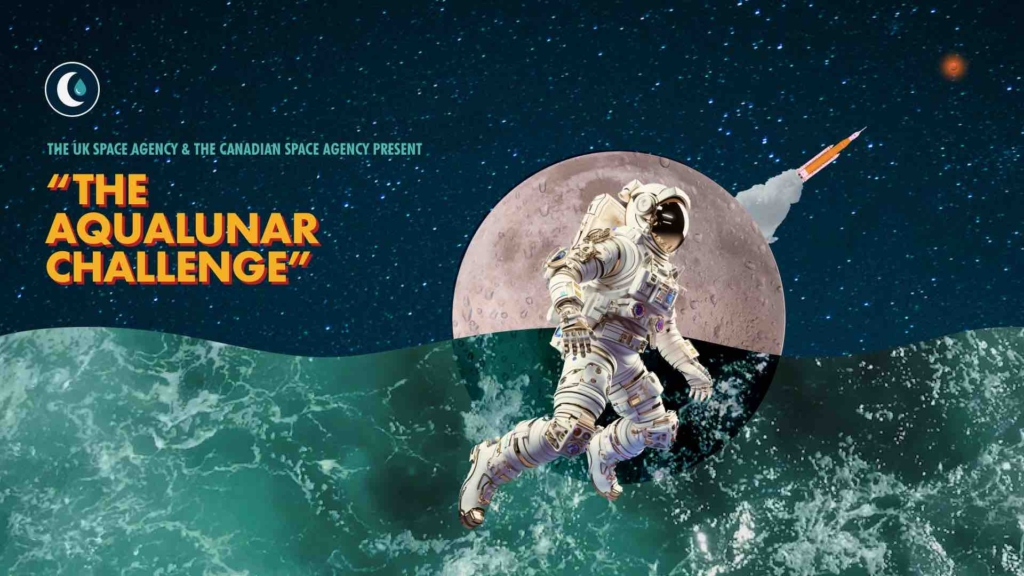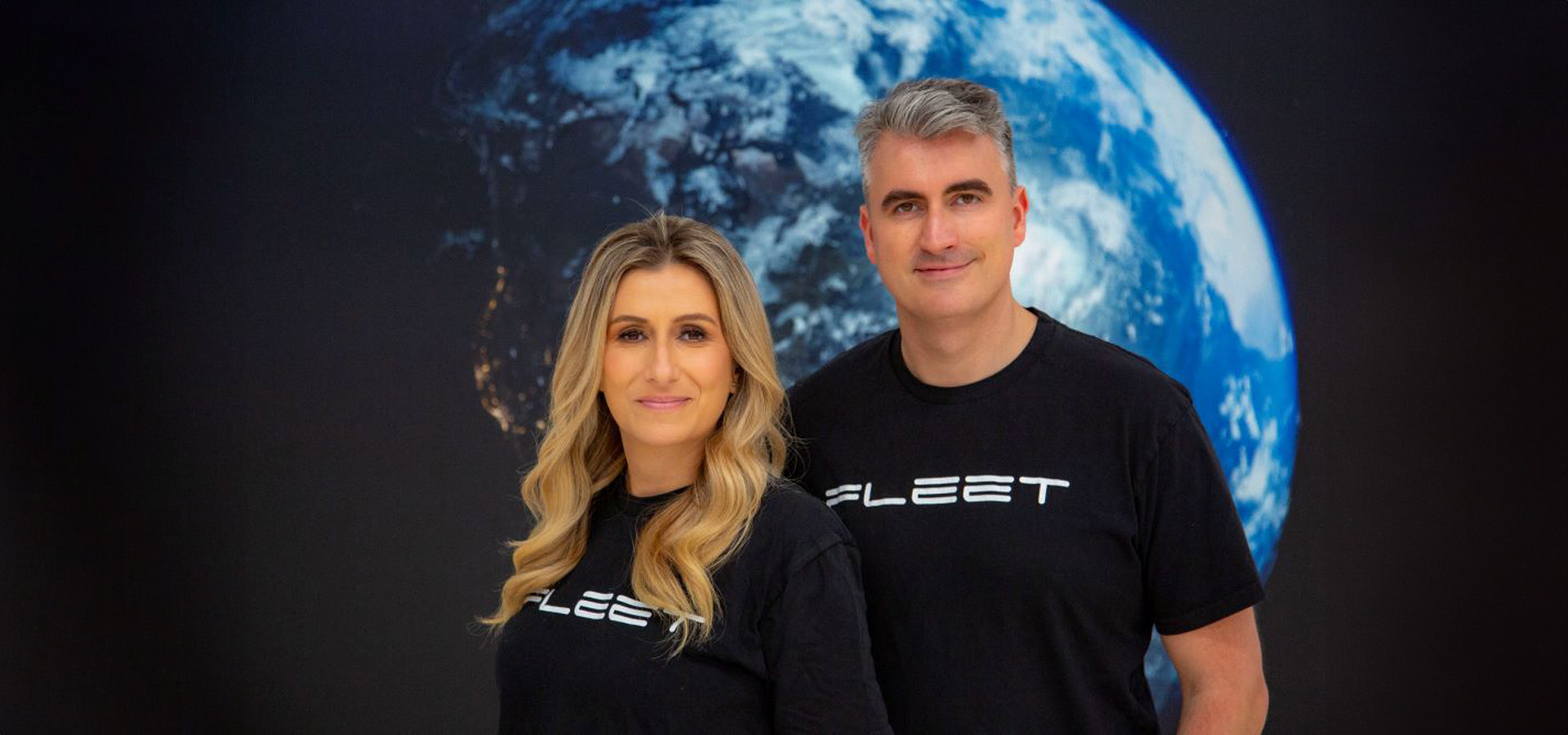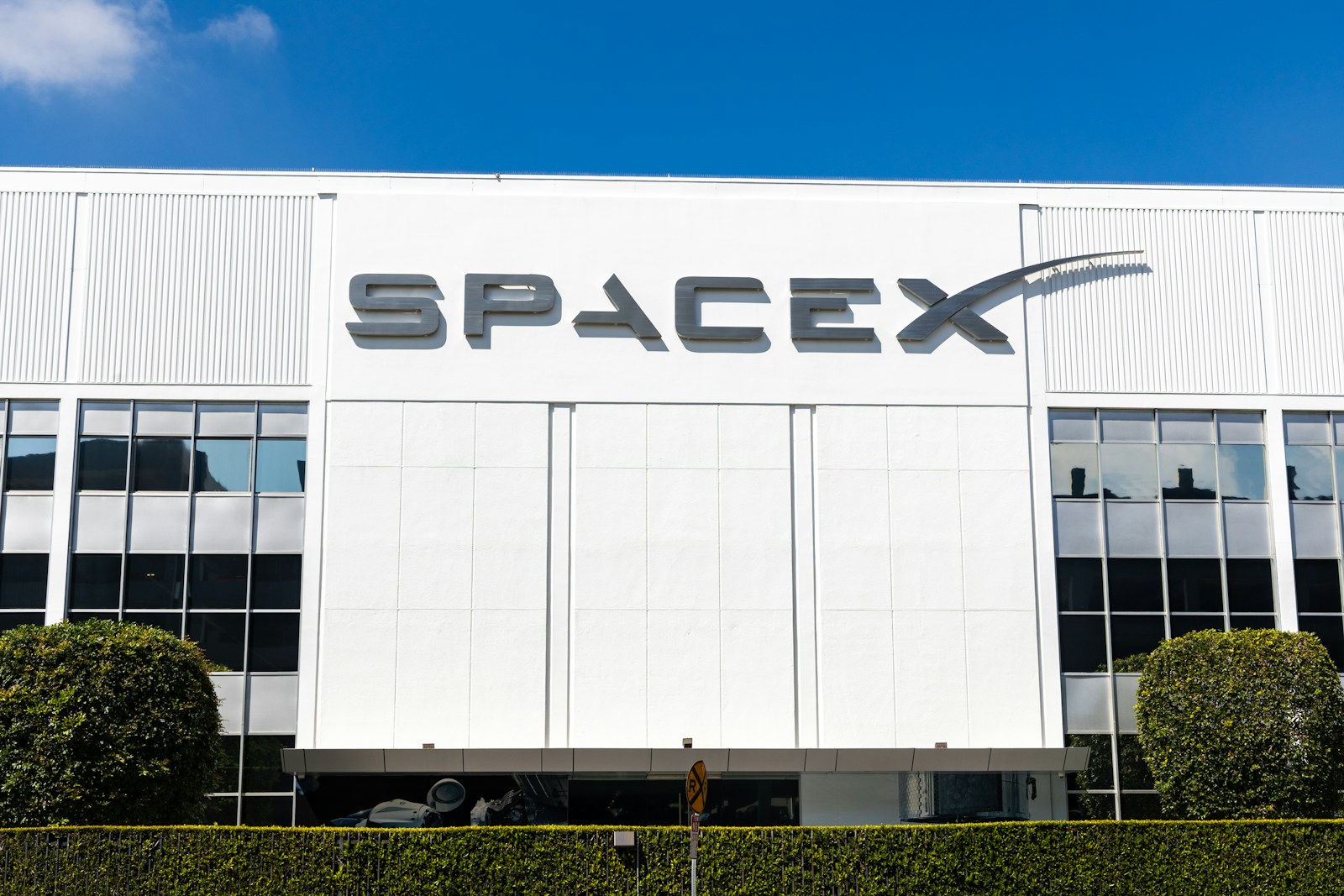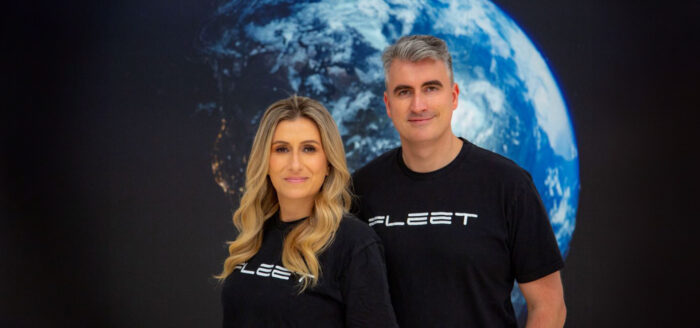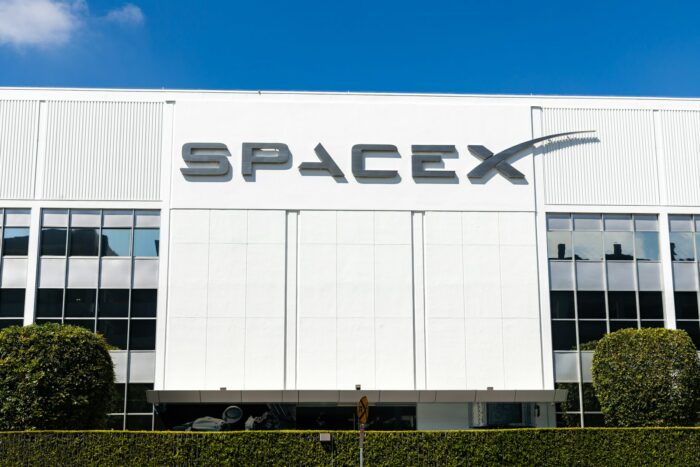Insider Brief:
- Challenge Works, the UK Space Agency, the Canadian Space Agency, and Impact Canada have launched the £1.2 million Aqualunar Challenge.
- The Aqualunar Challenge aims to reward innovative technologies that are able to purify water buried beneath the lunar surface.
- According a recent survey, 62% of respondents think that innovations designed for space should find applications on Earth, with an emphasis on sustainability – the challenge will seek to address problems both for water on the Moon and on Earth.
In a recent survey conducted by Opinium, more than 58% of the UK population believes that developing technology for the challenging space environment could yield benefits for Earth. The findings coincide with the launch of the £1.2 million Aqualunar Challenge, a collaborative effort between Challenge Works, the UK Space Agency, the Canadian Space Agency, and Impact Canada.
The Aqualunar Challenge seeks to enable the development of technologies to purify ice buried beneath the lunar surface, not only for lunar habitation but also for potential Earthly applications. According to the survey, 62% of respondents think that technologies designed for space exploration should find applications on Earth, with an emphasis on sustainability. Over three-quarters expressed a desire to see lunar water purification technologies adapted for terrestrial use, particularly in areas like removing microplastics from oceans, providing clean drinking water in low-income countries, and combating drought.
Paul Bate, CEO of the UK Space Agency, highlighted the historical success of technologies developed for space exploration finding practical applications on Earth. He stressed the importance of reliable water access for NASA’s Artemis Missions as they aim to establish a permanent crewed base on the Moon’s surface by the end of the decade.
Holly Jamieson, Executive Director of Challenge Works, emphasized the necessity of water for survival on the Moon, not only for consumption but also for growing food and producing oxygen and fuel. The challenge invites a diverse range of innovators, including start-ups, scientists, academics, engineers, and problem solvers, to submit ideas that could revolutionize sustainable solutions for both lunar and Earth environments.
Andrew Griffith MP, Minister for Space at the Department for Science, Innovation, and Technology, expressed optimism about the UK’s role in fostering innovative technologies, making long-term lunar missions a possibility. The Aqualunar Challenge reflects the commitment to space innovation, unlocking commercial opportunities, and strengthening collaborations with global partners, notably Canada.
For more market insights, check out our latest space industry news here.
Share this article:

